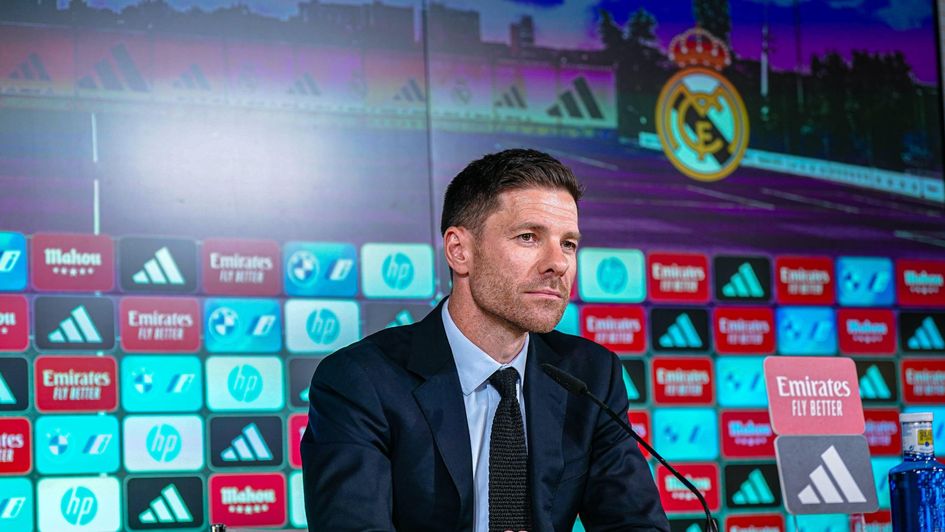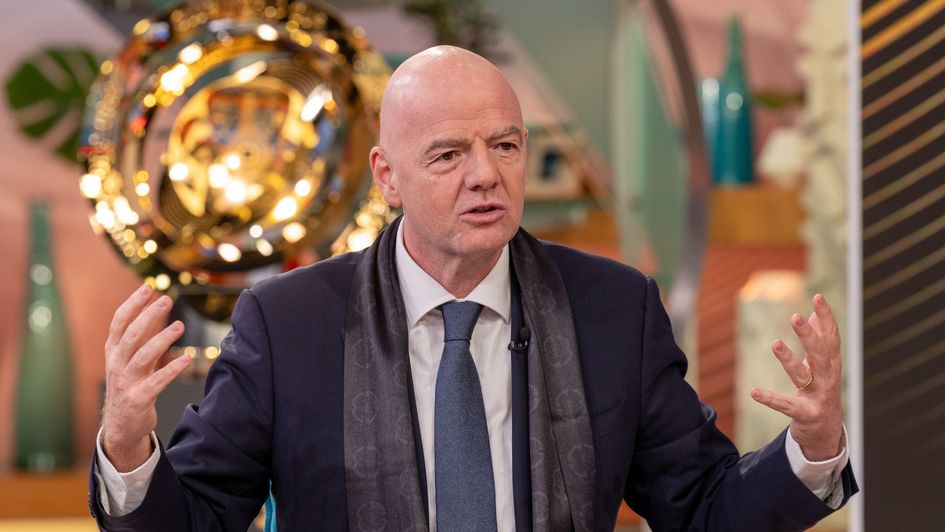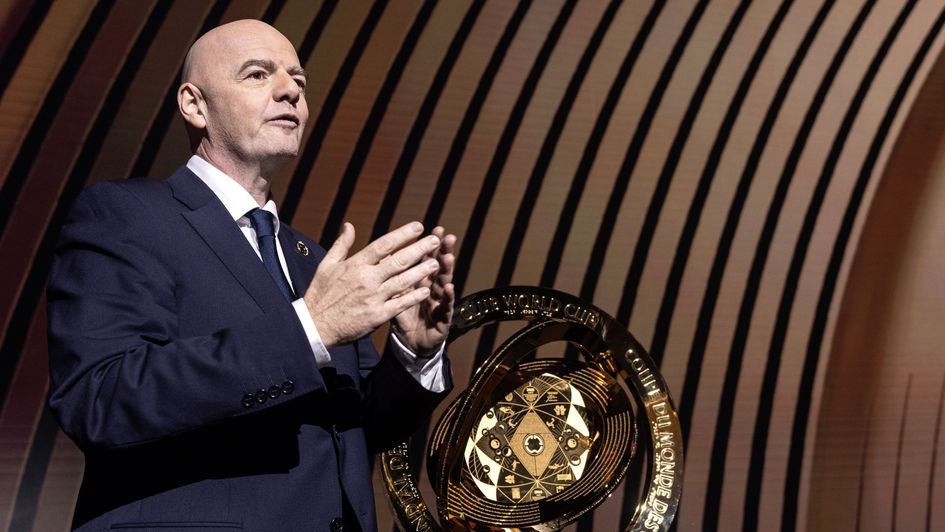Welcome to the billion-pound tournament that nobody wanted, to the Saudi-funded FIFA spectacle plonked at the end of an exhausting campaign, and, maybe, to a really fun summer of football.
If the Club World Cup’s reformatting wasn’t so weighed down by geo-political manoeuvring and FIFA-UEFA feuding, if it hadn’t been inflated into the men’s calendar in the midst of an international crisis of player fatigue, then we might say this is objectively a Very Good Idea.
A club-football equivalent of the World Cup played every four years between the best teams from around the world: what’s not to love? If anything, it’s weird nobody thought of doing it decades ago.
If they had, football would be in a much healthier state.

Arriving at this moment in history there are legitimate concerns that gifting huge sums to competing clubs will kill off domestic leagues around the world, much in the way UEFA Champions League prize money has caused monopolisations in huge pockets of Europe.
But if the Club World Cup had been introduced in this format 20 years ago it might have reshaped football for the better, boosting the finances and reputation of clubs from the Americas just before the Champions League began the brain drain.
Instead we find ourselves preparing for a leap into the unknown and fearing the worst: disinterest from fans and domination from the European contingent.
The Club World Cup is supposed to be a glittery showcase of FIFA's influence and prestige. It could turn out to be the exact opposite, highlighting the immense power imbalance in world football, mocking the idea of a global game, and confirming that UEFA have already won the war.
The favourite non-European clubs are Flamengo and Palmeiras at around 33/1, the same as Newcastle United were priced to win the Premier League last August. The only reason the Brazilian pair are even that short is the possibility Europe’s super-clubs won’t take the competition seriously.

But money talks, and they will. It is no coincidence that the only outspoken manager on the issue, Carlo Ancelotti, who last year said FIFA can “forget it” and Real Madrid would “refuse the invitation”, is being replaced by Xabi Alonso in time for the Club World Cup.
Europe will compete, and it will conquer.
The World Cup-style format of the competition means we can already predict the pathways to the final. It doesn’t look good for the rest of the world.
There are guaranteed to be four non-European clubs in the second round (Groups A, D, E, and F only contain one club from Europe) but unless there is a truly monumental shock, realistically only two more places are up for grabs: in Group C, Boca Juniors challenge Benfica, and in Group H, Al Hilal could outrank RB Salzburg.
Even if we lean towards optimism and say that six non-European clubs will make it, it is highly likely their second-round opponents will be newly-crowned European champions Paris Saint-Germain, Bayern Munich, Inter Milan, Borussia Dortmund, Chelsea, and Manchester City.
Out of the probable ties, only two have the potential for upsets: Dortmund v River Plate and Palmeiras v Atletico Madrid, and that’s assuming the Brazilian club can best Porto to the top their group, otherwise they face PSG.
So it’s entirely conceivable – likely, even – that the Club World Cup quarter-finals will be an all-European affair, a disaster for FIFA.

Their only hope is that the Europeans will be physically and mentally exhausted at the end of their calendar, while those from Argentina and Brazil, right in the middle of theirs, will be at peak fitness.
It’s a nice thought, but the gap between the two continents is vast.
Europe has won 16 of the last 17 Club World Cups, the only exception being Corinthians’ 1-0 victory over Chelsea in 2012, a result that reflected the strange times Chelsea were navigating; Rafael Benitez had replaced Roberto Di Matteo just three weeks earlier.
There are no such caveats for this summer’s contingent. PSG and Bayern are fresh from having won their titles relatively easily; Man City and Chelsea are finding form; and Real Madrid are mentally rejuvenated with Alonso at the helm.
An all-European semi-final is practically guaranteed. If that is extended to the quarter-finals FIFA will be deeply embarrassed.
We could be about to witness Gianni Infantino’s 'Emperor’s New Clothes' moment; a show of supposed strength that reveals to the world, in brutal colour and detail, just how unbalanced FIFA has allowed world football to become.
More from Sporting Life
- Fixtures, results and live scores
- Expert xG analysis and features
- Transfer news and done deals
- Football and other sports tips
- Download our free iOS and Android app
- Podcasts and video content
Safer gambling
We are committed in our support of safer gambling. Recommended bets are advised to over-18s and we strongly encourage readers to wager only what they can afford to lose.
If you are concerned about your gambling, please call the National Gambling Helpline / GamCare on 0808 8020 133.
Further support and information can be found at begambleaware.org and gamblingtherapy.org.









